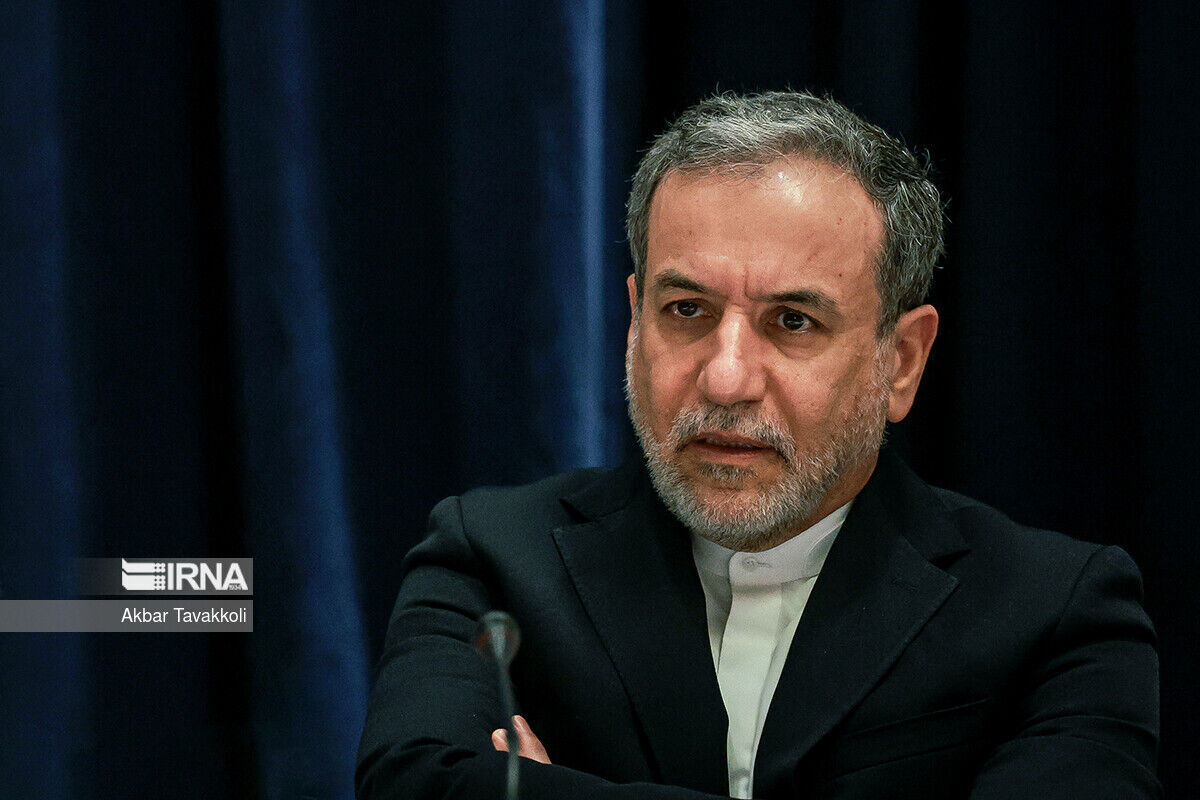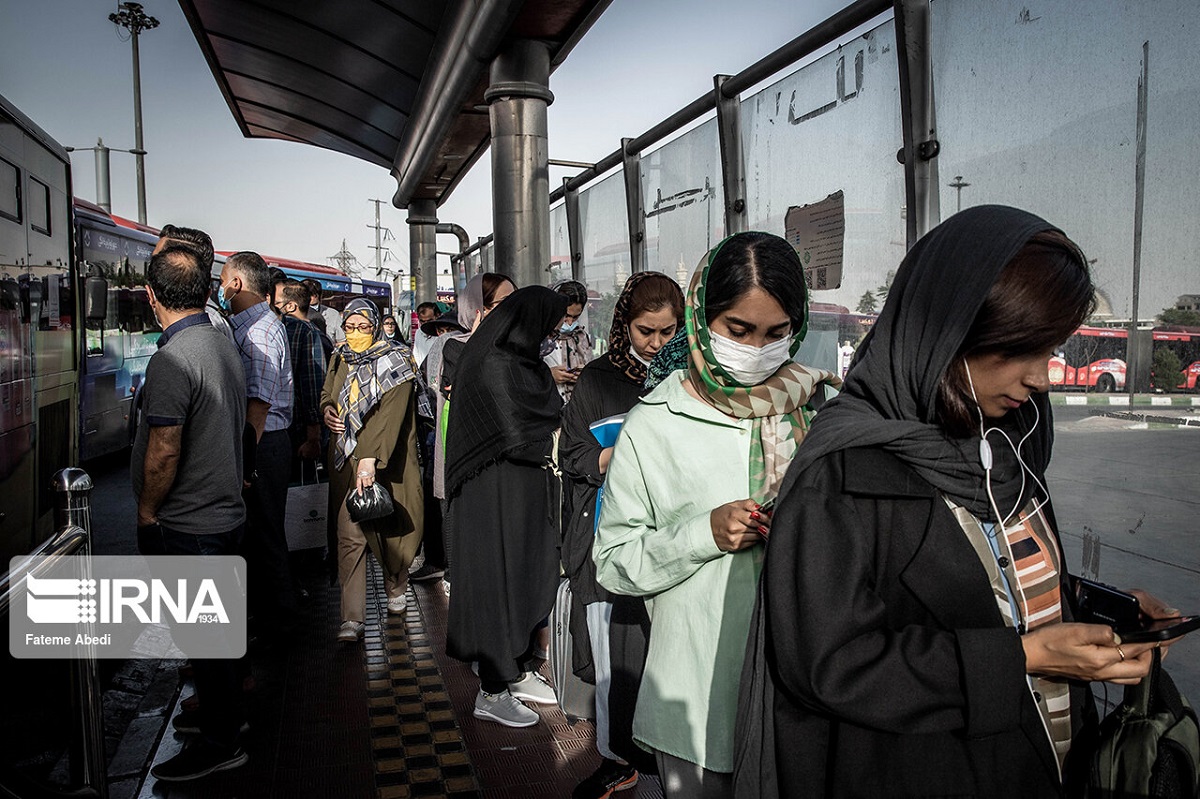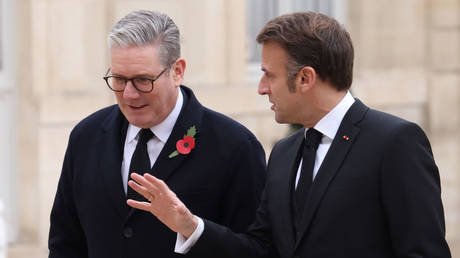ARTICLE AD BOX
COLOMBIA is cracking down on gangs in the fiery city of Bogota after a series of mob-style assaults has plagued the city ahead of Prince Harry and Meghan’s visit this week.
The chilling legacy of drug kingpin Pablo Escobar still looms over the capital with police battling with gangs to stop the city falling back into a place of violence, bloodshed and criminality.
 Getty
Getty Alamy
Alamy Getty
Getty AFP
AFP Getty
GettyThe Duke and Duchess of Sussex are set to jet off to Colombia for a four-day tour of the country where they’ll start in Bogota.
Their planned trip has been widely scrutinised with a number of significant security fears in the country for the globally-known couple.
The country has a reputation for being unsafe, with official British channels warning that it is plagued by kidnapping, drugs, organised crime and terrorism.
Bogota is currently filled with officers sweeping the streets to ensure the residents are safe after a spate of deadly attacks coordinated by gangs over the last decade.
The city has always been known for its high number of street crimes from muggings to assaults but it has severely worsened in recent times.
Bodies are said to be discovered on the streets at an alarming rate with many being found to be covered in signs of torture.
In just one month in 2022, police found 15 corpses in Bogota said to be linked to trafficking rings controlled by various gangs.
Bogota’s head prosecutor told El Tiempo the casualties were Venezuelan migrants caught up in the Camilos and the Aguaceros fued to control the city.
A chilling court case later revealed one of the gangs used a “massage parlour” to commit their torture.
Before taking the victim out onto the street and firing a bullet through their head and dumping the body.
The deployment of 3,000 extra officers have been sent to Bogota in the past year, says the mayor Luis Carlos Galan in an attempt to curb the gangs.
Murder, armed robberies and drug-related violence have all sparked issues in the capital with 13,500 people losing their lives in 2023, say Insight Crime.
The problems are said to be just as bad across the country with many of the deaths being linked back to the 23 gangs who rule the country.
Almost 18,000 people are believed to make up the four largest gangs in Colombia.
This worrying number has sent the Colombian government on a path to eradicate gang violence through peace and surrender deals, a report from Reuters said last year.
Cops have started to crackdown on the street-level violence with arrests being made at a huge rate.
One of the most feared gangs being halted in their terrifying tracks is The Satans – known as “Los Satanás”.
The second-in-command of the notorious street gang, Aderbiss Pirela, has been terrorising business owners and locals for years.
 Getty
Getty AFP
AFP Getty
Getty Getty
GettyGang chiefs are known to order assassins to shoot dead any enemies or even local residents in order to prove their sick mindset.
Pirela himself was regarded as one of the seven most wanted murderers in Bogota, say Colombian authorities.
He was finally being arrested earlier this year in Texas where he was hiding out on drug trafficking and extortion charges.
Various raids on the group in the last 12 months have managed to land 18 gang members behind bars with nine others fleeing the country.
Researchers and security experts say the violence has surged since the Covid pandemic in 2020.
Gangs were left severely out of pocket with businesses closing down and trading called off for months.
Andrés Nieto, a security expert at the Central University of Colombia, says criminal groups were rocked by the lockdown’s and once things reopened they stormed into action.
He told Private Wire: “Today we are seeing criminal gangs looking to reactivate their businesses and their income at any cost.”
An apparent increase in the amount of drugs taken during the pandemic is also said to have resulted in the violence peaking.
A local Bogota councillor revealed to El País that the fighting may be fuelled by cocaine consumption.
Drugs, organised crime and terrorism are inextricably linked in Colombia
Gov.ukGraffiti of cocaine kingpin Pablo Escobar still sits scrawled over the walls in many of Colombia’s major cities as the notorious drug lord’s legacy lives on through the new gangs.
According to the British Government website, terrorists are “very likely” to attempt attacks in Colombia, and many “armed groups remain active throughout” the country.
And kidnapping rates “remain high in Colombia”, with illegal armed groups taking hostages for both ransom and political purposes, according to Gov.uk.
“Drugs, organised crime and terrorism are inextricably linked in Colombia,” the official site warns.
It adds: “Pickpocketing, mugging and armed robbery are a problem, especially in major cities, including Bogotá, Medellín, Cali and the Caribbean coast.
“British nationals have been robbed at gunpoint in the Candelaria area of Bogotá and across many cities in Colombia.”
The Foreign, Commonwealth and Development Office advises against all but essential travel to parts of Colombia.
 Getty
Getty Getty
Getty Getty
Getty
.png)
 3 months ago
5
3 months ago
5








 English (US)
English (US)